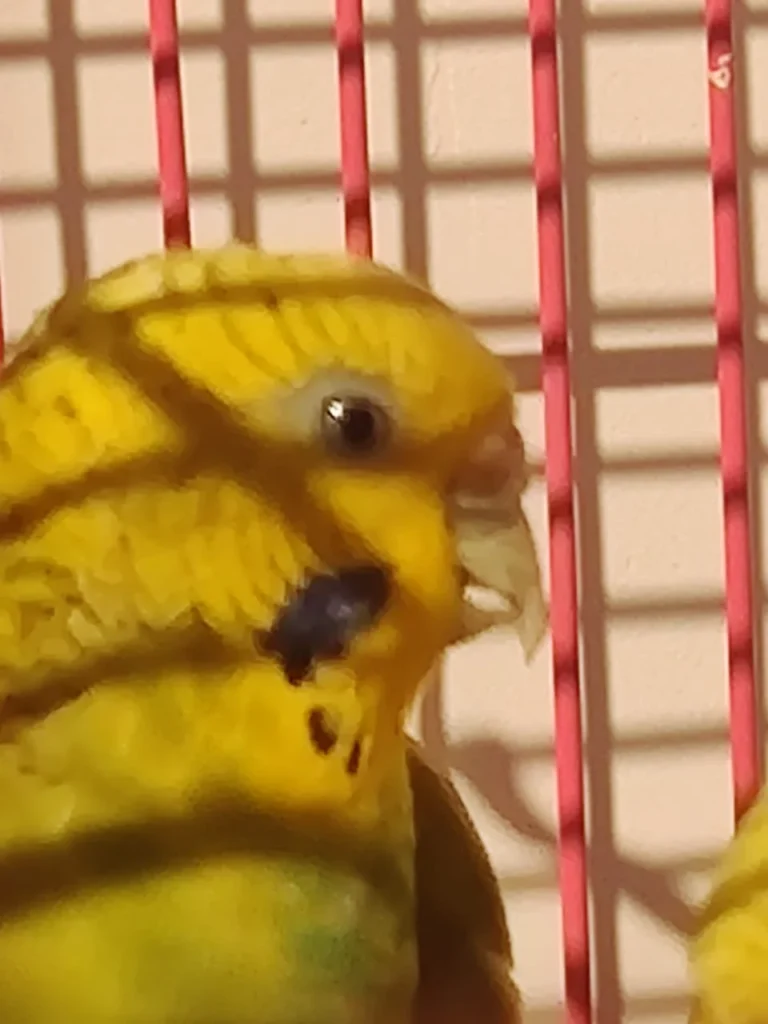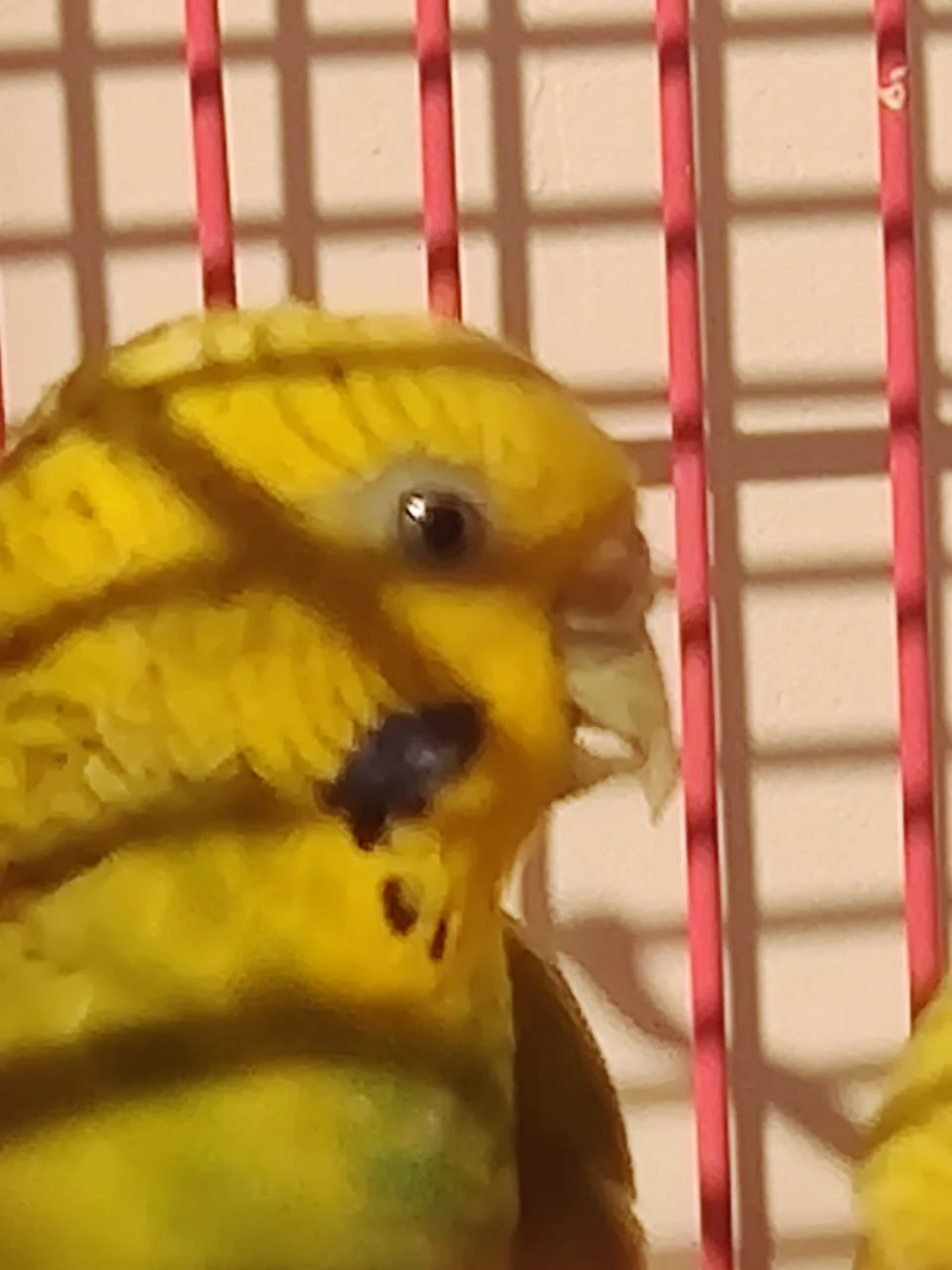Choosing the right bird cage for your feathered friend can be a daunting task, especially for first-time bird owners. With so many options available in the market, it can be overwhelming to choose the right one. However, the right bird cage is essential to ensure your bird’s health, safety, and well-being. In this article, we’ll help you choose the perfect bird cage for your avian companion.
Factors to Consider When Choosing a Bird Cage:
- Size: The size of the bird cage is an essential factor to consider when choosing a bird cage. The cage should be spacious enough for your bird to stretch its wings and move around comfortably. It should also be large enough to accommodate toys, perches, and food dishes.
- Material: The material of the bird cage is another crucial factor to consider. The most common materials used for bird cages are metal, wood, and acrylic. Each material has its advantages and disadvantages. Metal cages are sturdy and easy to clean but can rust over time. Wood cages are aesthetically pleasing but require more maintenance. Acrylic cages are lightweight and easy to clean but can scratch easily.
- Bar Spacing: The bar spacing of the bird cage is another important factor to consider. The spacing should be appropriate for the size of your bird. If the spacing is too wide, your bird may escape or get stuck between the bars. If the spacing is too narrow, it can be uncomfortable for your bird.
- Shape: The shape of the bird cage is also important. The most common shapes are rectangular, square, and dome-shaped. Each shape has its advantages and disadvantages. Rectangular and square cages are more spacious and allow for more movement, while dome-shaped cages provide more vertical space for birds that like to climb.
- Security: The bird cage should be secure to prevent your bird from escaping or other animals from getting in. The cage should have a secure locking mechanism, and the doors should be easy to open and close.
- Ease of Cleaning: Cleaning the bird cage is essential to maintain your bird’s health and well-being. The cage should be easy to clean, with removable trays and grates that can be washed easily.
- Price: The price of the bird cage is also an important factor to consider. While it’s important to invest in a quality bird cage, you don’t want to overspend. Set a budget and choose a bird cage that meets all your requirements within your budget.

How to Choose the Right Size Bird Cage:
When choosing the size of the bird cage, it’s essential to consider the size of your bird. The cage should be large enough to allow your bird to move around comfortably, without touching the sides of the cage. A good rule of thumb is to choose a cage that’s at least twice the size of your bird’s wingspan. For example, if your bird’s wingspan is 24 inches, choose a cage that’s at least 48 inches wide.
It’s also important to consider the height of the cage. Some birds, like parrots, enjoy climbing and need a tall cage. Other birds, like finches, prefer horizontal space and may not require as much height. Choose a cage that provides enough vertical and horizontal space for your bird’s needs.
Choosing the Right Bird Cage Material:
The material of the bird cage is important for your bird’s health and safety. Metal cages are the most common and durable option, but they can rust over time. Stainless steel cages are more expensive but are the most durable and easy to clean. Wood cages are aesthetically pleasing but require more maintenance. Acrylic cages are lightweight and easy to clean, but they can scratch easily.
Choosing the Right Bar Spacing:
The bar spacing of the bird cage is important for your bird’s safety. The spacing should be appropriate for the size of your bird. For smaller birds, like finches or canaries, the spacing should be no more than 1/2 inch. For larger birds, like parrots or macaws, the spacing should be at least 3/4 inch to prevent them from getting their heads or wings stuck between the bars.
Choosing the Right Shape:
The shape of the bird cage is important for your bird’s comfort and well-being. Rectangular and square cages are more spacious and allow for more movement, while dome-shaped cages provide more vertical space for birds that like to climb. Some birds, like parrots, prefer wider cages that allow for more movement, while others, like canaries, prefer taller cages that provide more flying space. Choose a shape that suits your bird’s needs and preferences.
Choosing a Secure Bird Cage:
The bird cage should be secure to prevent your bird from escaping or other animals from getting in. The cage should have a secure locking mechanism, and the doors should be easy to open and close. Look for cages with double locks or snap locks to ensure that your bird is safe and secure.
Choosing an Easy-to-Clean Bird Cage:
Cleaning the bird cage is essential to maintain your bird’s health and well-being. The cage should be easy to clean, with removable trays and grates that can be washed easily. Look for cages with smooth surfaces that are easy to wipe down and disinfect. Avoid cages with complex designs or crevices that can trap dirt and debris.
Choosing a Bird Cage within Your Budget:
The price of the bird cage is also an important factor to consider. While it’s important to invest in a quality bird cage, you don’t want to overspend. Set a budget and choose a bird cage that meets all your requirements within your budget. Remember that the cost of the cage is just one of the expenses associated with owning a bird. You’ll also need to budget for food, toys, and other supplies.
